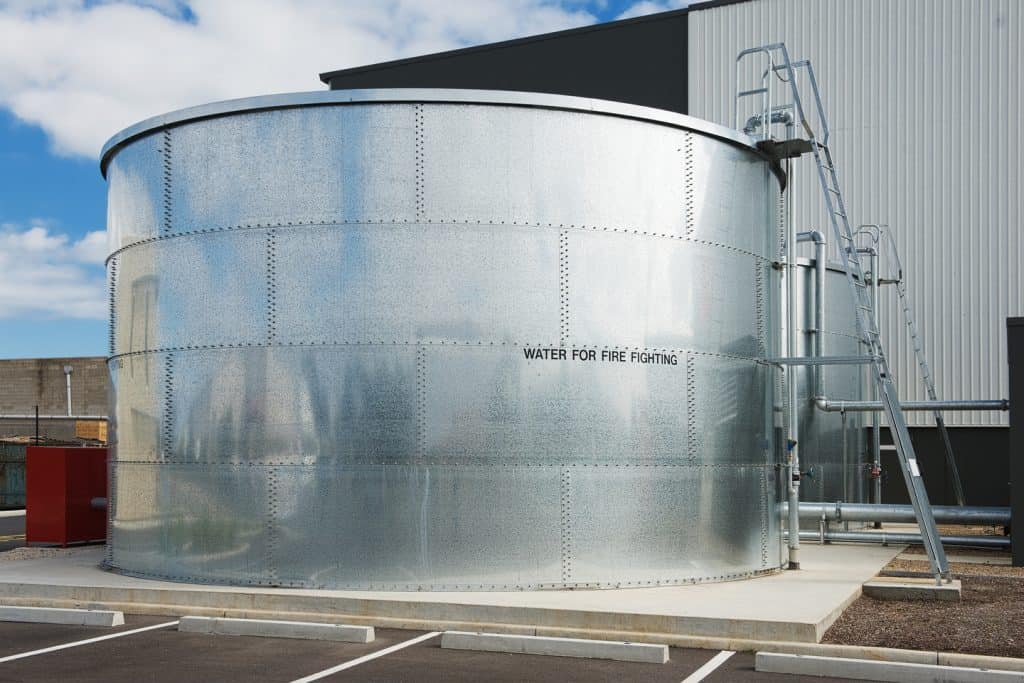Properly insulated tanks can help extend the life of your tank and protect your products. Changing temperatures can lead to the expansion and contraction of vapors. Thermal insulation prevents breathing losses, reduces heat loss, and prevents harmful substances from leaching into the environment. There are many benefits to proper tank insulation. Read on to learn more about the importance of ensuring your tank is insulated. You’ll be happier with your results!
Many fields of industry rely on raw materials and fuels, to ensure their availability. In addition to large storage tanks, companies use small and medium-sized storage tanks to store their final products. In any case, the temperature in a tank must remain within specific ranges, which is difficult without proper insulation. The best tank insulation will prevent these losses and protect your stored product from damage. The right type of insulation will also protect you and the environment from heat and moisture.
Most tanks are equipped with some kind of insulation. In many cases, this is a layer of insulation called panels. The thickness of the panels will determine how well they insulate the tank. The most common type of panel is vertical; it is installed vertically along the side of the tank. It is then secured with an internal cable system. Alternatively, horizontal panels are stacked in rings around the tank, starting at the base and going upwards to the roof. These panels are held in place by external bands.
Because storage tanks are usually outdoors, tank insulation must have excellent water repellent and thermal properties. Proton SL 930 is a water-repellent material commonly used in tank walls. Another type of material that is not water-repellent is PIR. Dual or triple-layered insulation is also available depending on customer requirements. In addition to these features, polyurethane foam can be applied as insulating material.
The thickness of tank insulation varies with the temperature inside and outside the tank. The density of polyurethane foam insulation is around 40kg/m3 but can be higher for specific applications. In some instances, PIR is combined with PIR to form dual insulation. Once the proper insulation is in place, the tank is more efficient. It reduces the total operating cost by as much as 30%. So, it is important to invest in the right material for your storage tanks.
Properly insulated tanks help prevent condensation. Inflammable liquids are sensitive to changes in temperature. The right insulation keeps the liquid inside the tank at its desired temperature. The temperature of the tank can affect the product, which makes it important to use the right type of insulation. If you want your product to stay at an optimal temperature, you need a tank that is properly insulated. By insulating your tank, you’ll protect it from extreme temperatures and ensure it’s safe. If you need to insulate your tank contact Vertrieb today!

